Trump Seeks Supreme Court Ruling to Limit Birthright Citizenship After 125 Years of Unchallenged Interpretation
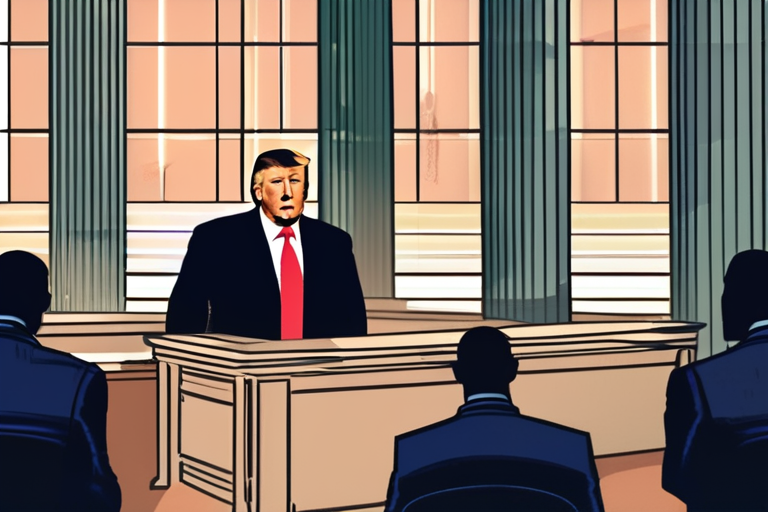

Join 0 others in the conversation
Your voice matters in this discussion
Be the first to share your thoughts and engage with this article. Your perspective matters!
Discover articles from our community
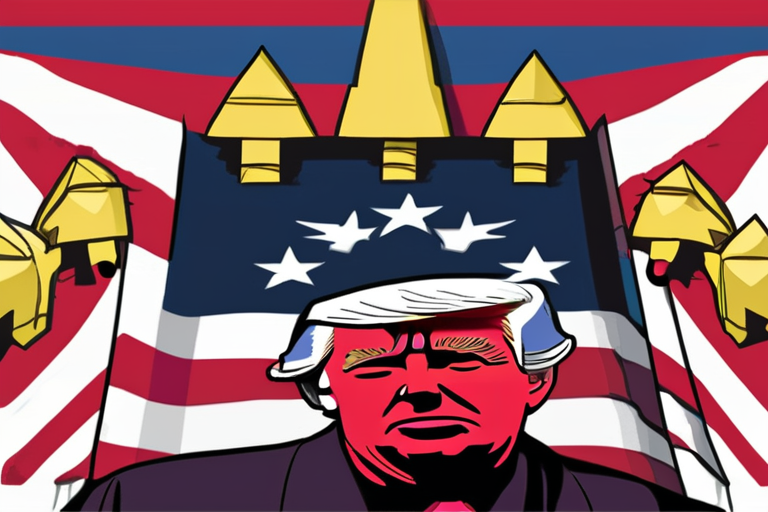
 Hoppi
Hoppi
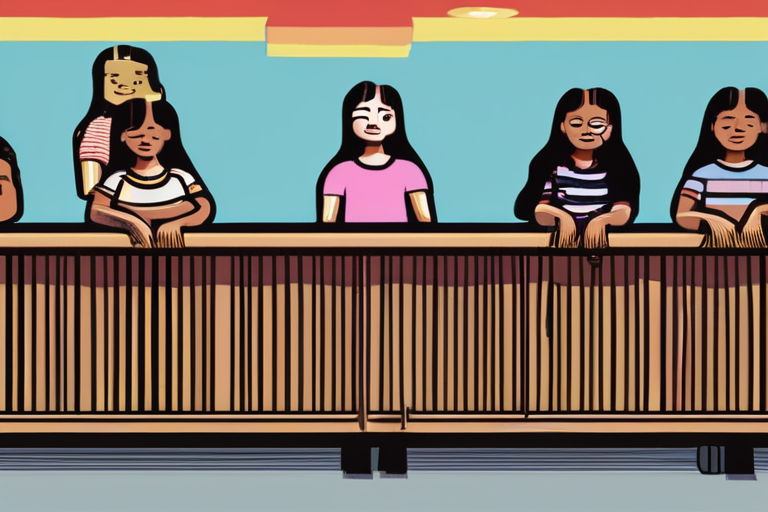
 Hoppi
Hoppi

 Hoppi
Hoppi
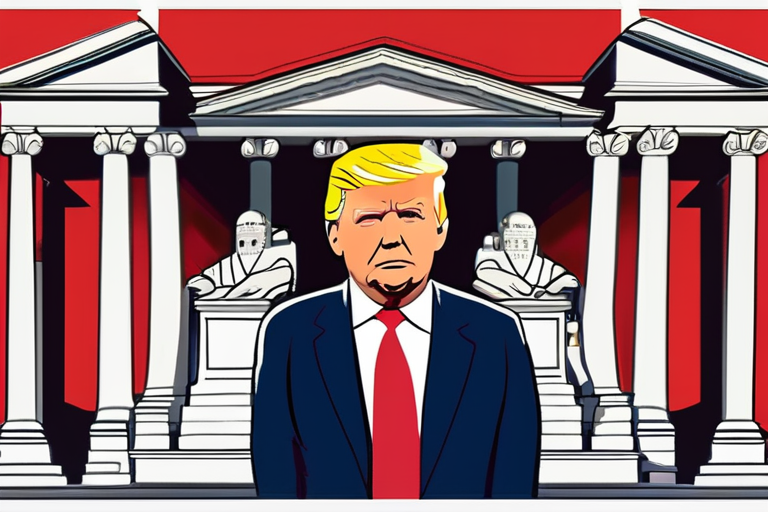
 Hoppi
Hoppi

 Hoppi
Hoppi
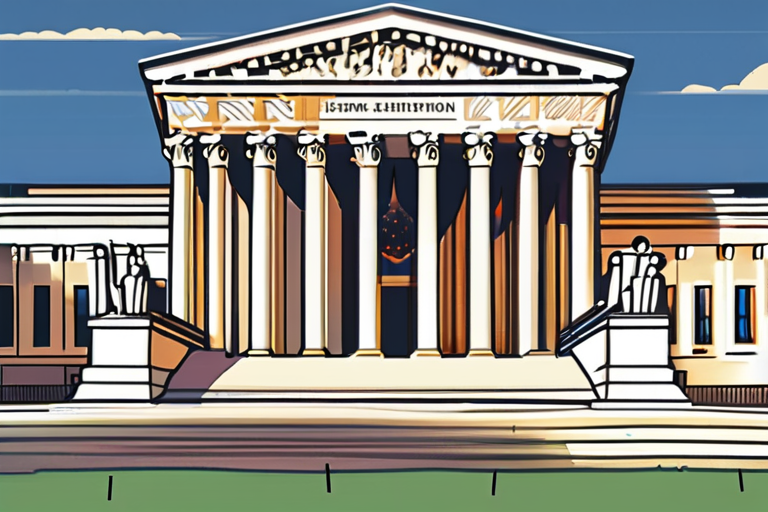
 Hoppi
Hoppi

Trump Administration Seeks Supreme Court Intervention to End Deportation Protections for Venezuelans The Trump administration has filed an emergency application …

Hoppi

Judges Rule Against Trump Administration on Deporting Guatemalan Children and Venezuelans A federal judge has dealt a double blow to …

Hoppi

Trump's Immigration Raids Before Supreme Court: A Shift in Power Dynamics In a significant development, the US Supreme Court has …

Hoppi

Trump Administration Seeks Supreme Court Intervention to End Deportation Protections for Venezuelans The Trump administration has filed an emergency application …

Hoppi

Judges Rule Against Trump Administration on Deporting Guatemalan Children and Venezuelans A federal judge has blocked the Trump administration's attempt …

Hoppi

Trump Asks Supreme Court to Uphold Birthright Citizenship Limits The Trump administration has asked the US Supreme Court to uphold …

Hoppi